Text

Barbara Klemm, Zwingel, the path to the Hölderlin tower, Tübingen.
From Hölderlins Orte. Fotografien von Barbara Klemm, 2020.
1 note
·
View note
Text
La vita di Hölderlin costituisce un paradigma in confronto al quale le opposizioni categoriche che definiscono la nostra cultura vengono meno: attivo/passivo, comico/tragico, pubblico/privato, ragione/follia, potenza/atto, sensato/insensato, unito/separato. Proprio per questo, in quanto dimora in una soglia indecidibile, non è facile misurarsi con essa, provare a ricavarne un modello. Ciò è tanto piú vero, in quanto, secondo ogni evidenza, a venir meno è innanzitutto l’opposizione successo/fallimento, quasi che il fallimento fosse per cosí dire scontato e, insieme, come il mancare degli dei, trasformato in aiuto e in risorsa. La lezione di Hölderlin è che quale che sia lo scopo per cui siamo stati creati, non siamo stati creati per il successo, che la sorte che ci è stata assegnata è fallire – in ogni arte e studio e innanzitutto nella casta arte di vivere. E, tuttavia, proprio questo fallimento – se riusciamo a afferrarlo – è il meglio che possiamo fare, cosí come proprio l’apparente sconfitta di Hölderlin destituisce integralmente il successo della vita di Goethe, toglie ad essa ogni legittimità.
Giorgio Agamben, La Follia di Hölderlin, Einaudi, 2021.
1 note
·
View note
Photo
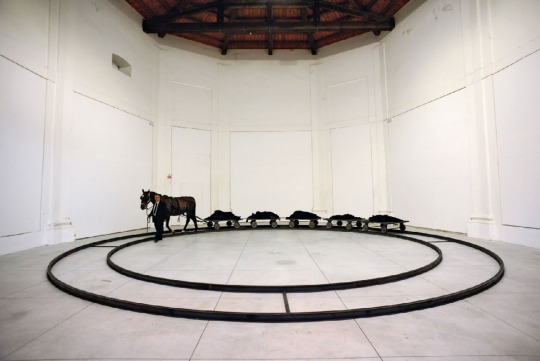
Jannis Kounellis, No title, 2016.
Centro Arti visive Percheria
3 notes
·
View notes
Text
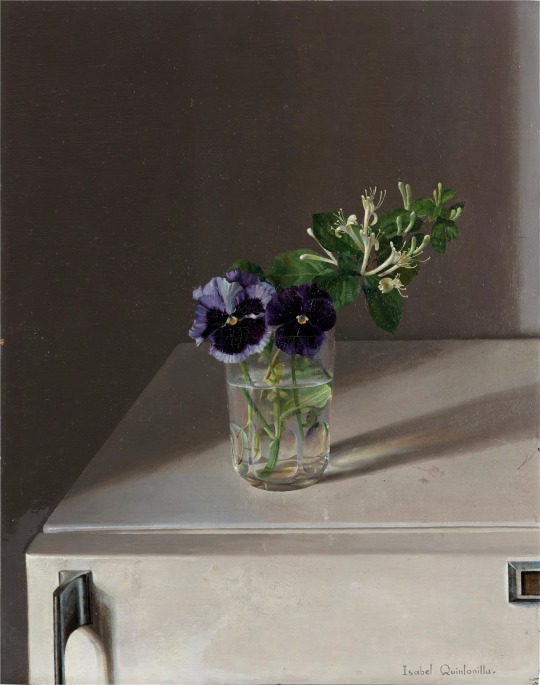
Isabel Quintanilla, Pansies on the fridge, 1971-1972.
10 notes
·
View notes
Text
Même dans les livres des autres, dans les romans, dans les poèmes, j’ai cette fâcheuse tendance à traquer ce moment-là, celui, au fond, où un livre parle de lui-même. À force, je finis par lire tous les livres dans l’attente de ce moment, croyant toujours qu’il va venir. À force, je suis persuadé que tout le monde n’écrit que pour ça, pour cette apothéose réflexive dont tout le reste ne serait qu’ameublement et ruses rhétoriques pour y parvenir. Il faut dire que ces moments ne manquent pas dans notre littérature, par exemple chez Proust, ou bien chez Rousseau ou même chez Beckett ; sans cesse le projet réfléchit sur lui-même, remonte à sa genèse, se définit, s’inquiète ou se justifie, dût-il en inclure jusqu’au reproche. Écrit encore Montaigne : « Combien souvent, et sottement à l’aventure, ai-je étendu mon livre à parler de soi ? »
Tanguy Viel, Icebergs, 2019.
3 notes
·
View notes
Text
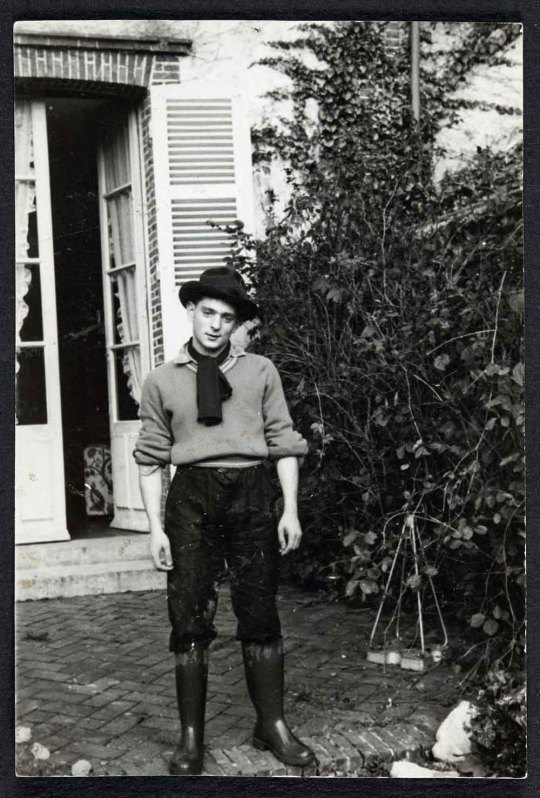
Frédéric Honeteau, Georges Perec, Paris, 1955.
62 notes
·
View notes
Text

Maria Lai, No title, 1989.
9 notes
·
View notes
Text

Sophie Ristelhueber, Série WB, n° 7, 2005.
#Sophie Ristelhueber#ristelhueber#photography#landscape#israel#palestine#paysage#chemin#route#road#war
111 notes
·
View notes
Text

Extrait de l'herbier de prison de Rosa Luxemburg, cahier composé en avril-mai 1915. Anémone hépatique et pâquerette. (Ed. Héros-Limite. DR)
De l'article de Frédérique Fanchette (Libération)
13 notes
·
View notes
Text

Joel Sternfeld, Women at their daily gathering beside an ancient Roman wall, Parco dei Gordiani, Rome.
From Campagna Romana: The Countryside of Ancient Rome, 1992.
#Joel Sternfeld#sternfeld#photography#contemporary photography#landscape#rome#ruins#roman ruins#parco dei gordani#roma
50 notes
·
View notes
Text
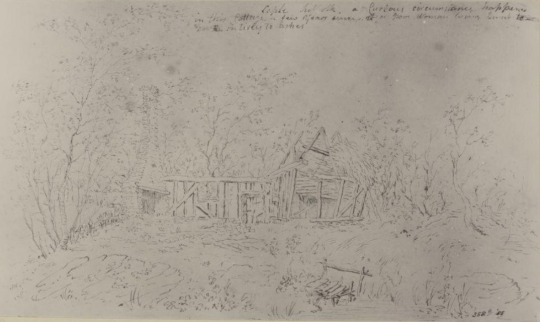
John Constable, A Ruined Cottage at Capel, Suffolk, 1796.
V&A Museum
14 notes
·
View notes
Text
Can we sit down for a while soon, Alida says
Yes I suppose we can, Asle says
and they keep trudging along and then it starts to rain and they just keep trudging along, walking like this in the rain and getting wet, and the chill is creeping into their bodies, it’s dark now, it’s cold now, for it’s late autumn and they have nowhere to seek shelter from the rain and the cold and the dark and if only they had somewhere to sit down, a warm room, yes if they only had that
I’m tired, yes, Alida says
And now it’s raining too, she says
We have to at least find a place where we can be under a roof, Asle says
No we cannot walk around in the rain getting wet, he says
No, Alida says
and she picks up her bags and then she trudges along in the rain
Jon Fosse, Trilogy, 2014.
5 notes
·
View notes
Text

Le bureau de Charles Juliet
47 notes
·
View notes
Text
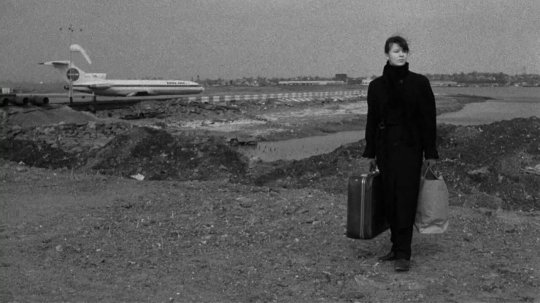
Eva (Eszter Balint), in Stranger than Paradise (Jim Jarmusch, 1984).
47 notes
·
View notes
Photo
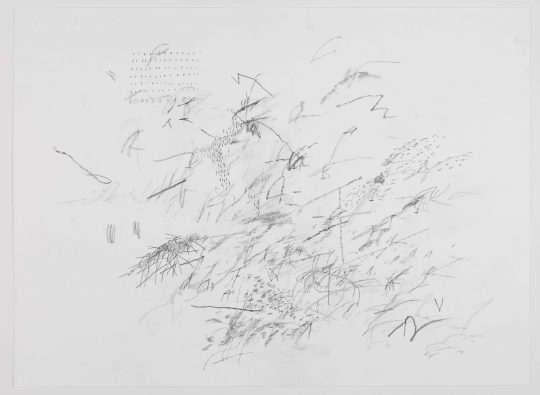
Julie Mehretu, Mind Breath Drawing, 2012
36 notes
·
View notes
Photo

Sigmund Freud, The Uncanny, 1919.
21 notes
·
View notes
Photo
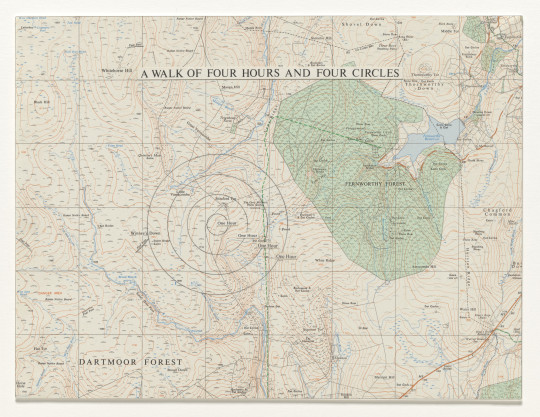
Richard Long, A Walk of Four Hours and Four Circles, 1972.
53 notes
·
View notes